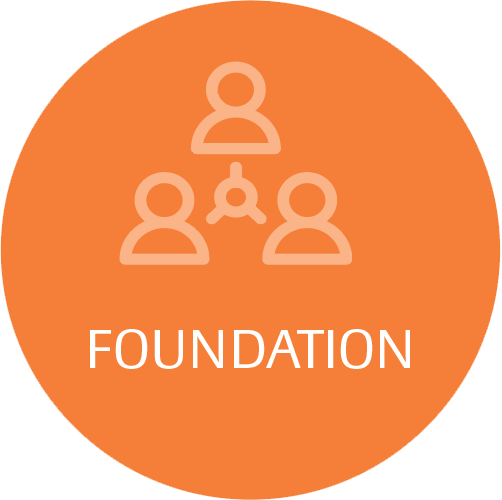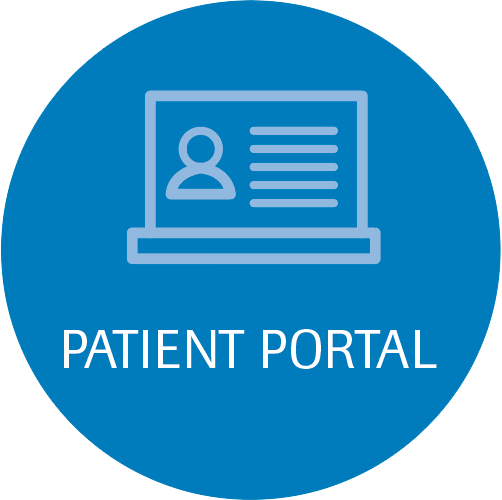What is an Echocardiogram and what does it do?
An echocardiogram (also called an echo) is a type of ultrasound test that uses high-pitched sound waves that are sent through a device called a transducer. The device picks up echoes of the sound waves as they bounce off the different parts of your heart. These echoes are turned into moving pictures of your heart that can be seen on a video screen.
The different types of echocardiograms are:
Transthoracic echocardiogram (TTE) with Doppler
This is the most common type. Views of the heart are obtained by moving the transducer to different locations on your chest or abdominal wall. Doppler echocardiogram. This test is used to look at how blood flows through the heart chambers, heart valves, and blood vessels. The movement of the blood reflects sound waves to a transducer. The ultrasound computer then measures the direction and speed of the blood flowing through your heart and blood vessels. Doppler measurements may be displayed in black and white or in color.
Stress echocardiogram with Doppler
During this test, an echocardiogram is done both before and after your heart is stressed either by having you exercise or by injecting a medicine that makes your heart beat harder and faster. A stress echocardiogram is usually done to find out if you might have decreased blood flow to your heart (coronary artery disease, or CAD). Doppler echocardiogram. This test is used to look at how blood flows through the heart chambers, heart valves, and blood vessels. The movement of the blood reflects sound waves to a transducer. The ultrasound computer then measures the direction and speed of the blood flowing through your heart and blood vessels. Doppler measurements may be displayed in black and white or in color.
Who performs the test?
An ultrasonographer specifically trained or certified in Ultrasound imaging.
Where does it take place?
At Jackson Hospital in the Radiology Department.
How long does it take?
This exam generally takes about 45 minutes to complete.
What can I do to make it a success?
- Bring your doctor’s orders with you when you come for your scheduled exam.
- Wear comfortable, easy to remove clothing.
- Follow all preparation instructions given to you by your physician’s office. If you have any questions, please call us for clarification. We want your exam to be as successful as possible.
What should I do before the exam?
No special preparation is needed for this study.
What happens during the exam?
First, the technologist will explain the exam and may ask you historical questions that aid in obtaining a more diagnostic exam. You may be asked to undress above the waist and a drape or towel may be placed over you. You will lie on your back on a padded exam table. Warmed gel will be spread on your chest to improve the quality of the sound waves. A small handheld unit called a transducer is pressed against your skin and moved back and forth over it. A picture of the heart can be seen on a video monitor. You will need to lie very still while the ultrasound scan is being done. You may be asked to take a breath and hold it for several seconds or change positions during the scanning.
Doppler sonography is performed using the same transducer.
What should I do after the exam?
An Internist/Cardiologist will review your image(s) and a final report will go to your ordering physician in 24–48 hours.
Contact Information:
Ultrasound Department (at main hospital): (850) 718-2582
Ultrasound Department (at OP Center): (850) 526-6702
Radiology Department: (850) 718-2580
Hospital (main operator): (850) 526-2200





